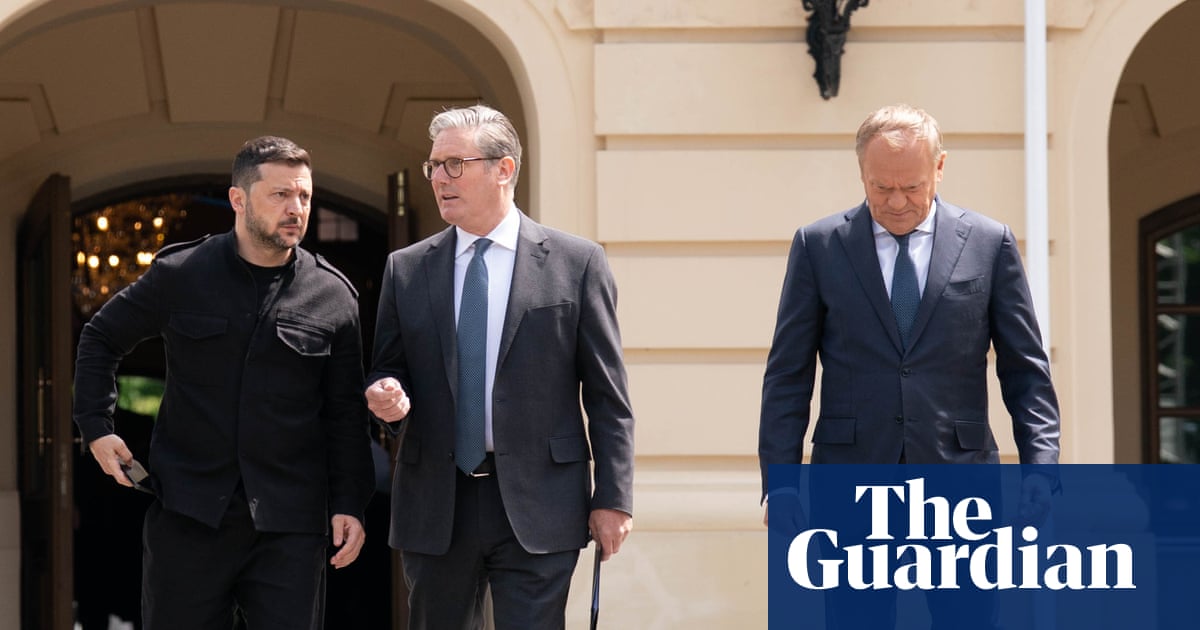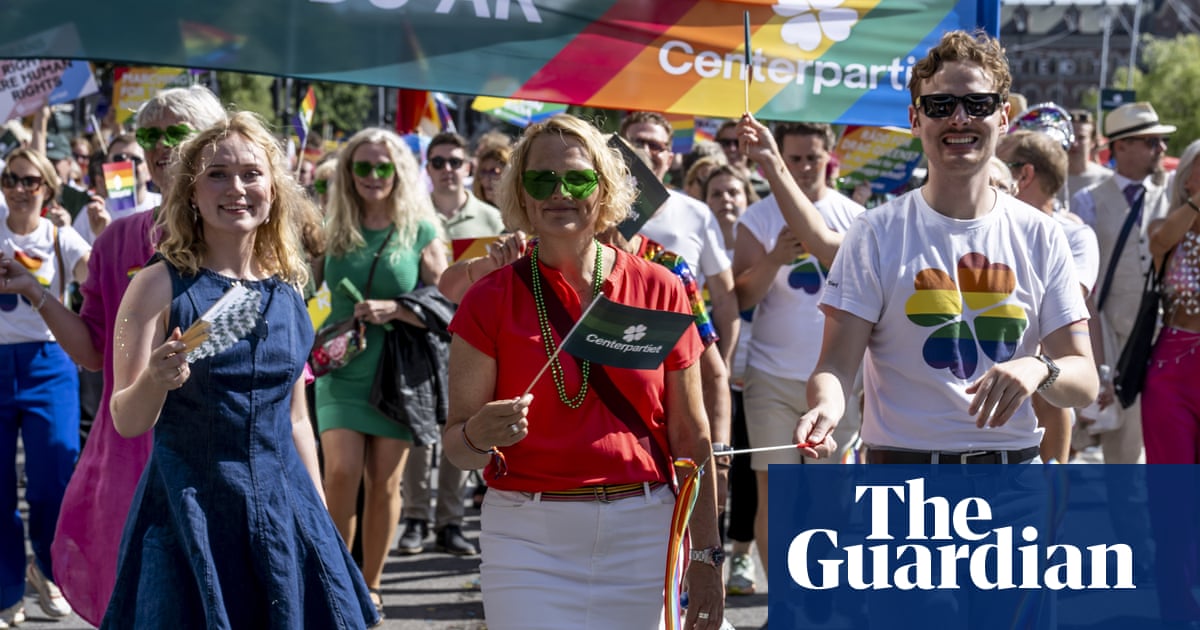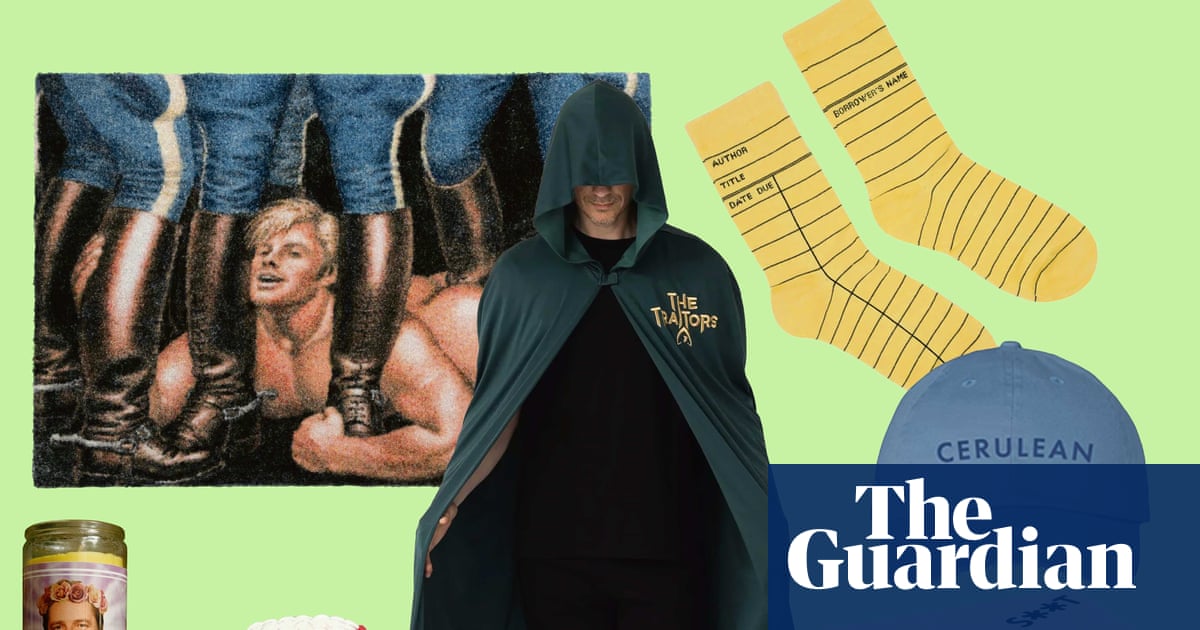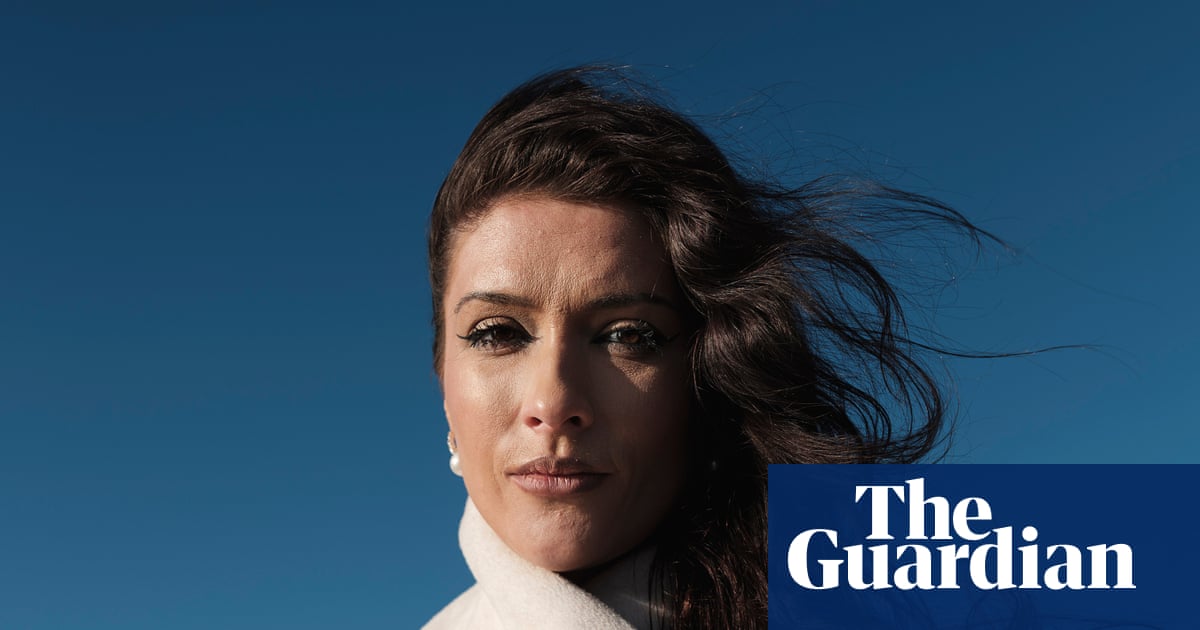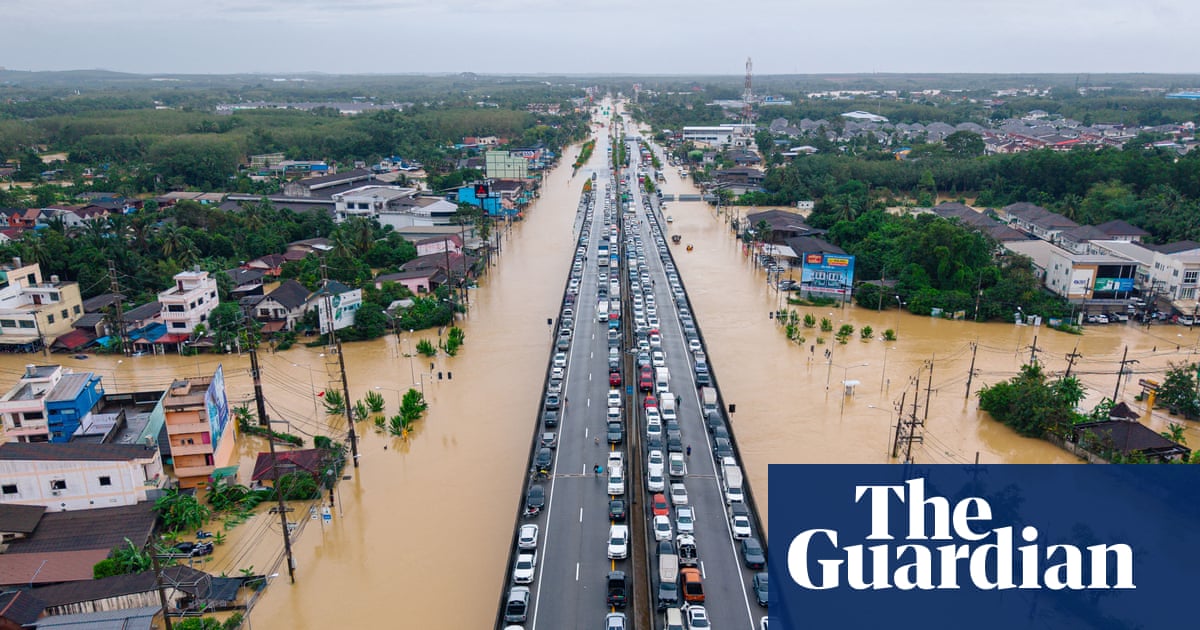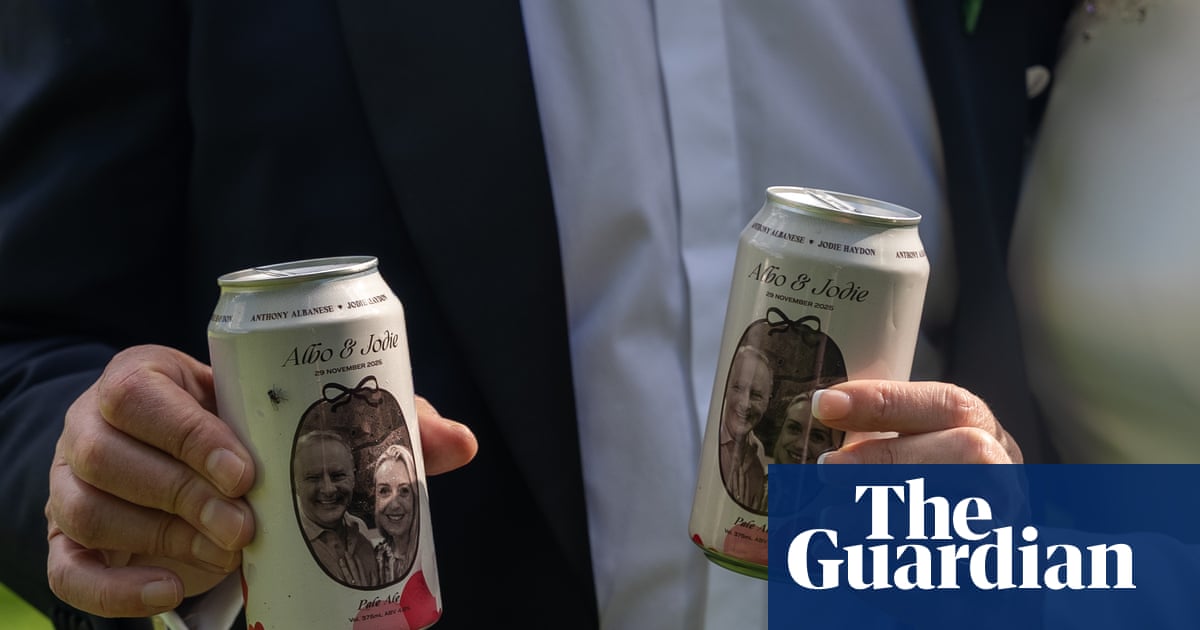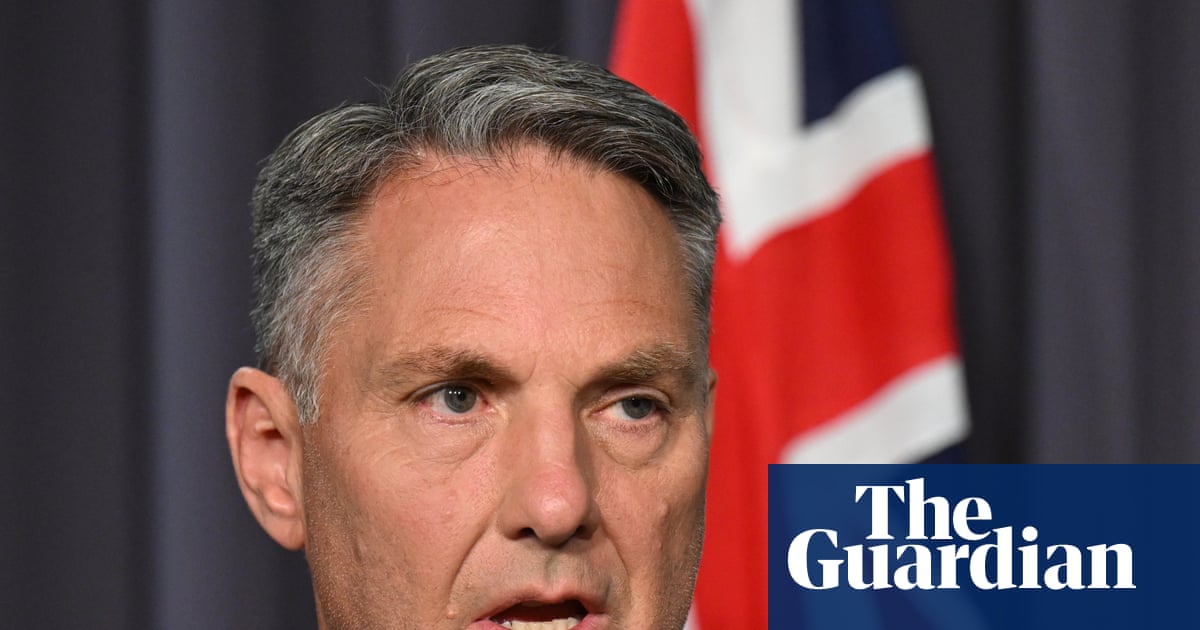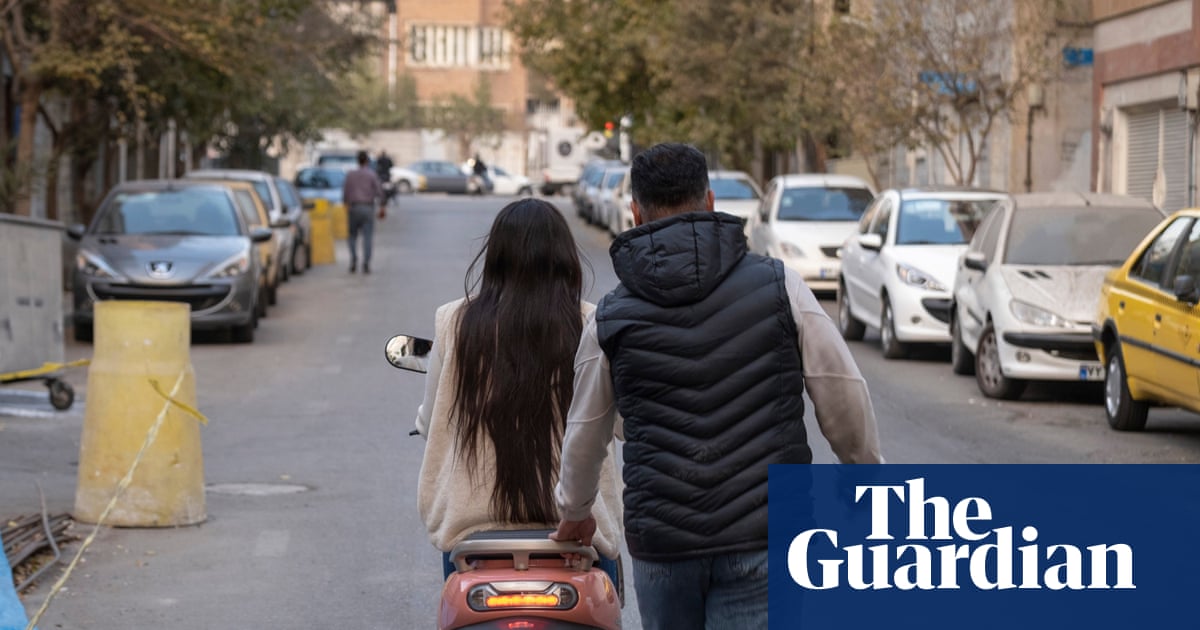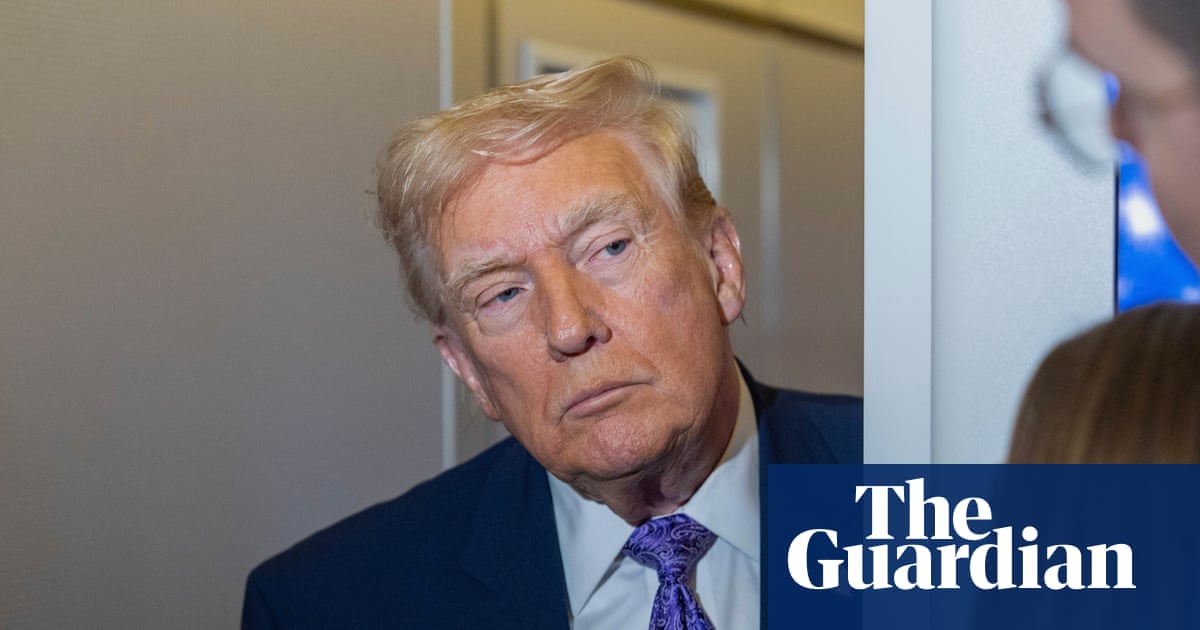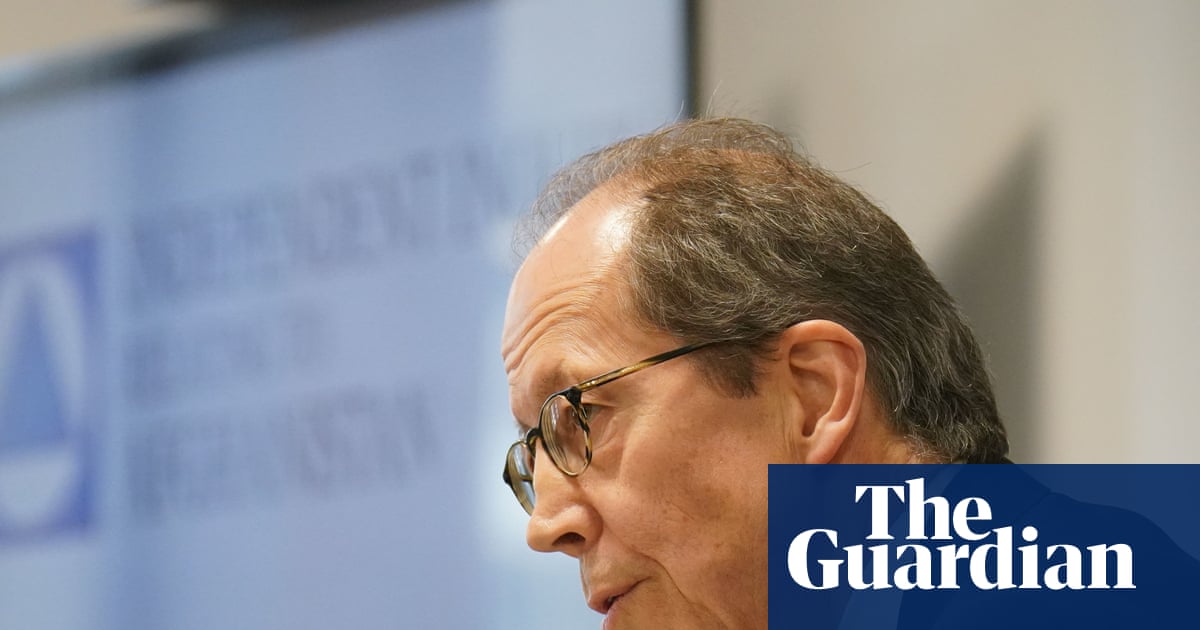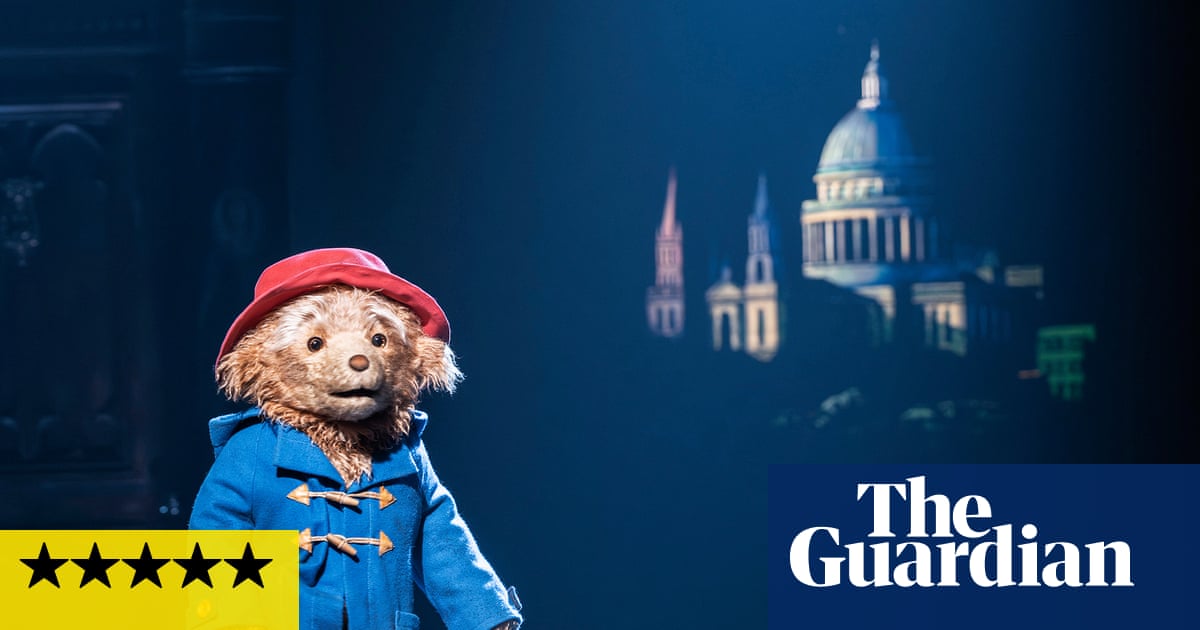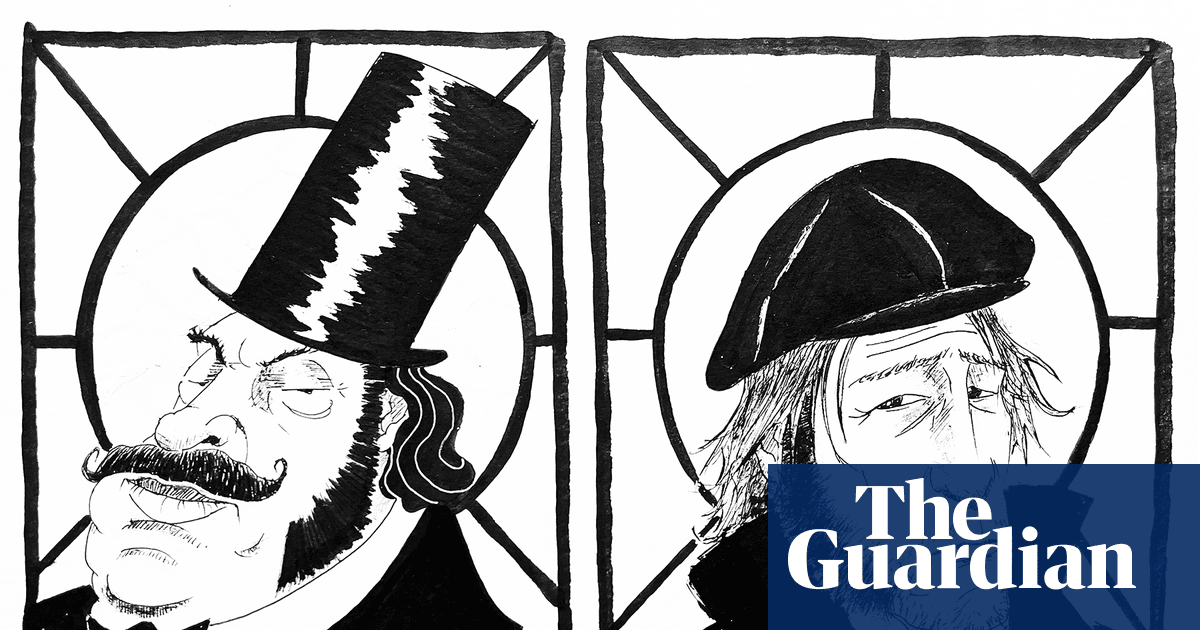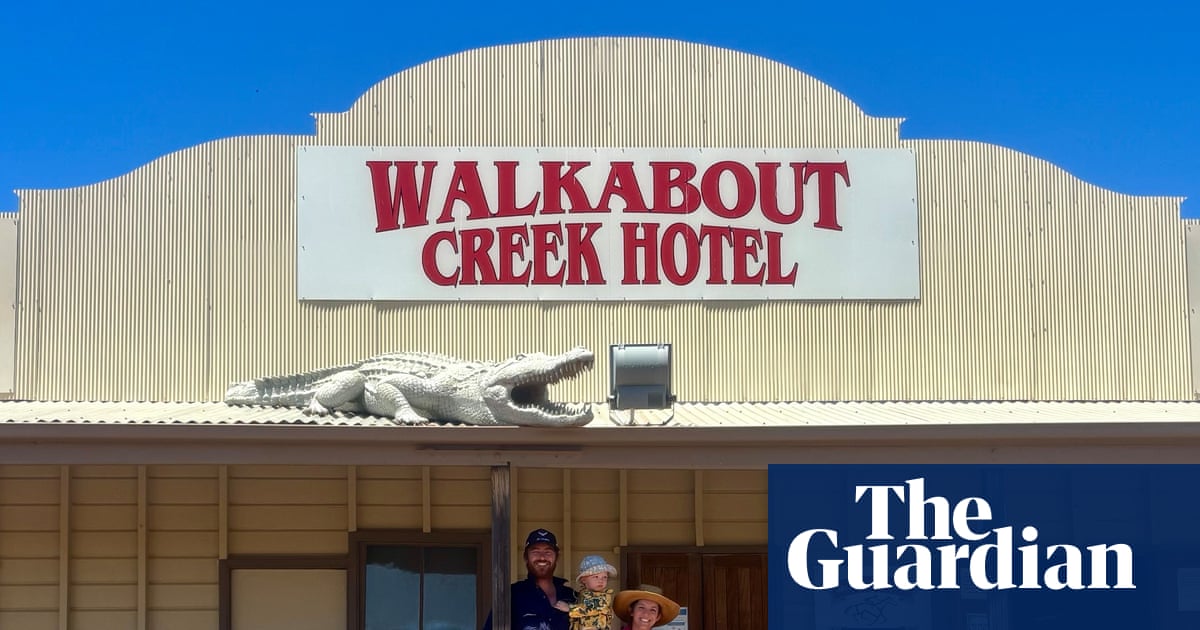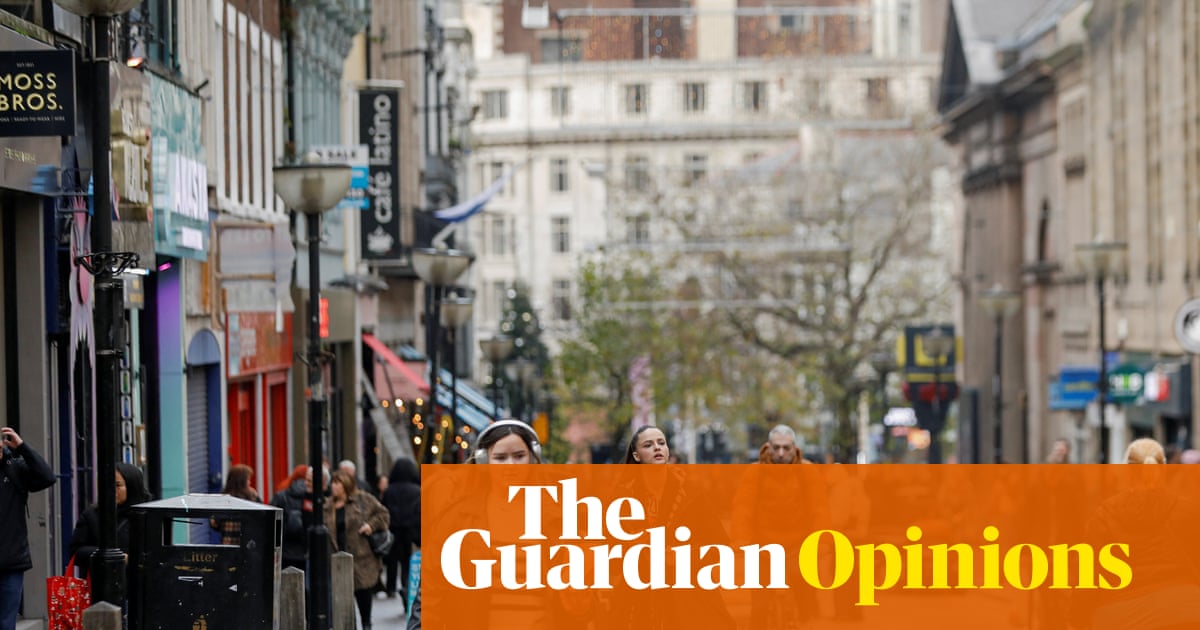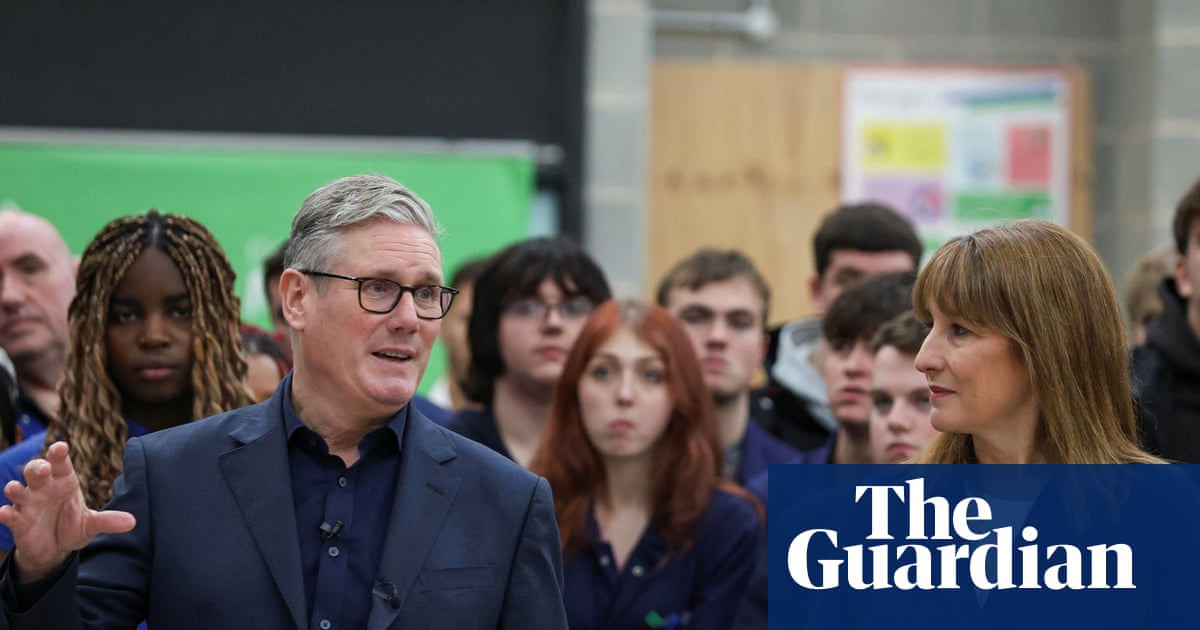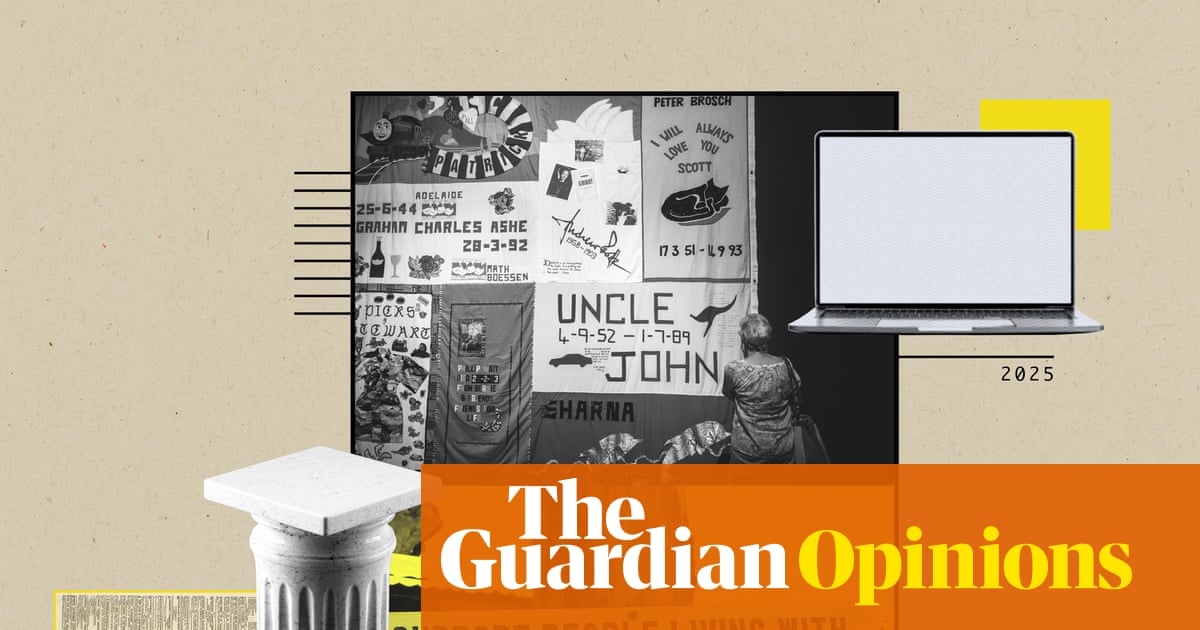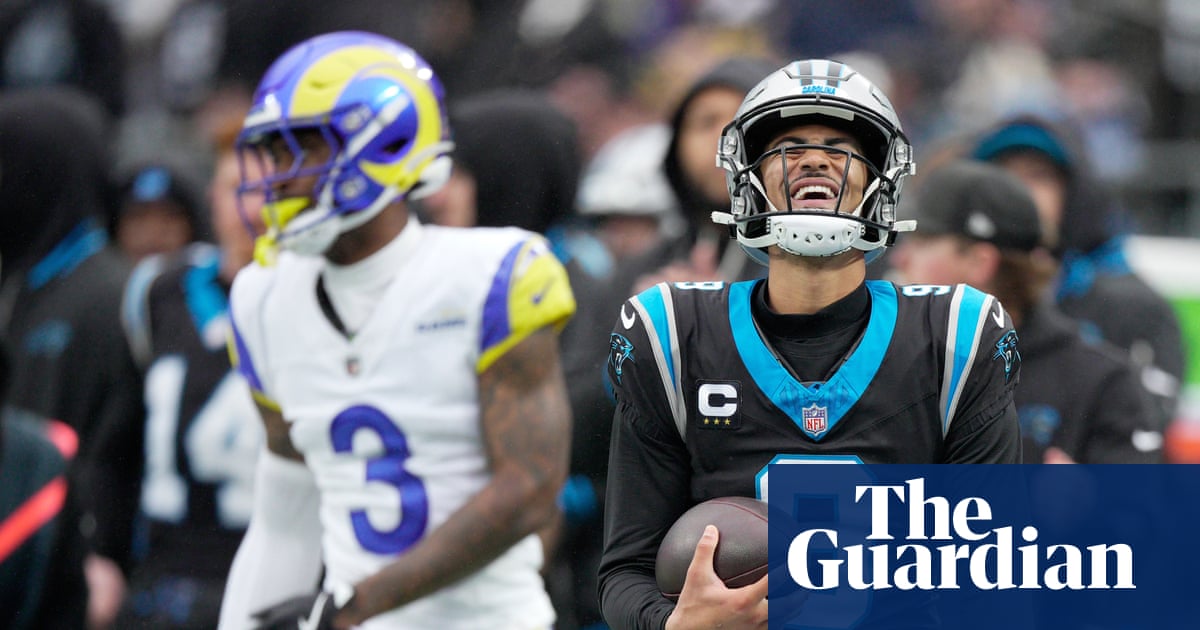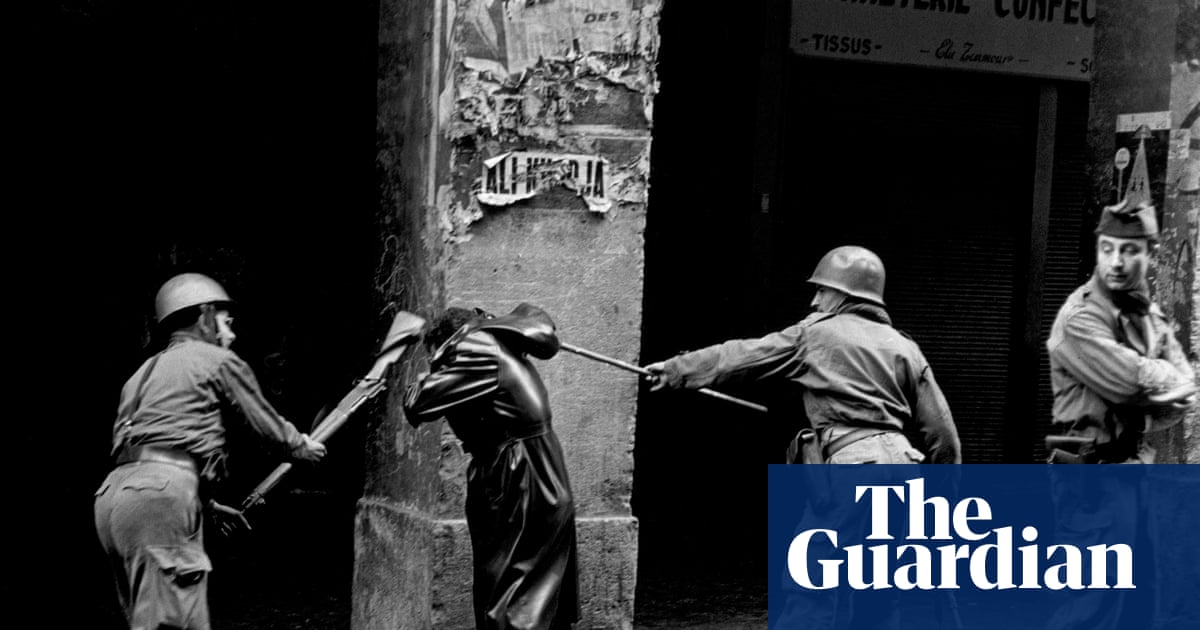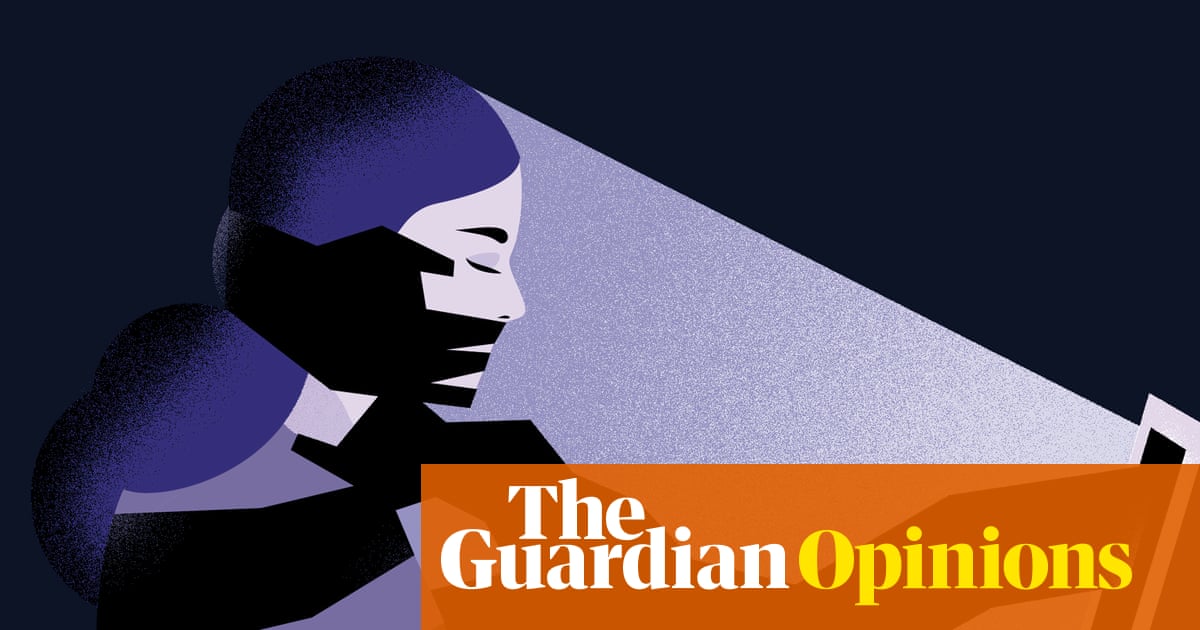Donald Trump told European leaders on Wednesday he would be seeking a ceasefire in Ukraine at his summit with Vladimir Putin on Friday and gave reassurances that he would not make any territorial concessions without Kyiv’s full involvement.
Trump’s approach at the video conference, disclosed by France’s Emmanuel Macron, appeared to reassure some of the leaders, who were making a final collective plea to the unpredictable US president that he had a duty to protect Ukraine’s sovereignty – and European security – at the talks in Alaska.
The European leaders spoke with Trump and his vice-president, JD Vance, in a hastily convened one-hour meeting in an effort to shape Trump’s negotiating strategy. The Ukrainian president, Volodymyr Zelenskyy, and European leaders have been excluded from the Alaska summit and fear that Trump, intent on fulfilling his election campaign guarantee that he could easily end the bloodshed in Ukraine, will make concessions that compromise Ukraine’s future sovereignty.
But Trump underlined his promise that the summit was not in itself a substantive negotiation but what he described as a “feel-out” to test Putin’s terms to sign a temporary ceasefire that would then lead to talks with the Ukrainians.
The European intervention involved a group of European leaders and Zelenskyy discussing the US negotiating strategy with Trump and Vance.
Afterwards the German chancellor, Friedrich Merz, stressed that Europe wanted Trump to be successful in Alaska but that it had made clear to the US president that Ukrainian and European interests had to be protected at the summit.
Macron said no serious discussions had taken place about Russian-Ukrainian land swaps inside Ukraine, and Trump had anyway underlined that any such discussions could only be negotiated with Kyiv. He said Trump would fight for a trilateral meeting between Ukraine, the US and Russia and that such a meeting would be held in Europe.
The Nato secretary general, Mark Rutte, said the ball was now in Russia’s court on whether it wanted a ceasefire, and he said the transatlantic alliance was united.
One European diplomat said: “Overall the meeting was reassuring in that our points came across, but the question remains whether Trump will stick to the agreed script when he gets into the room with Putin.”
Trump met heads of state and government leaders from Germany, the UK, France, Italy, Poland and Finland, as well as the European Commission president, Ursula von der Leyen. Later, the European leaders were due to report back to the so-called coalition of the willing, the group of western countries that have in principle signed up to provide practical military guarantees to protect Ukrainian sovereignty in the event of a peace settlement. The guarantees issue was raised in the call with Trump.
But the Europeans’ main objective had been to seek reassurances from the notoriously fickle Trump that he would not be lured into making irretrievable pledges requiring Ukraine to make concessions of land as the price for securing Putin’s agreement to a ceasefire. They also tried to extract bankable guarantees that Trump was still prepared to deploy as yet unused economic levers that could damage Russian revenues and play into Putin’s assessment of his bargaining strength.
With news of significant Russian military advances emerging from the battlefield, Zelenskyy travelled to Berlin to be at the side of Merz during the meeting – both a show of solidarity and a means of reducing the risk of a row between Zelenskyy and Trump.
European leaders have been careful in public to welcome Trump’s summit but in private fear Trump is bent on improving US-Russia relations and sees a loss of Ukrainian sovereignty as a necessary and unavoidable price to secure that objective.
In advance of the meeting, Trump complimented the European leaders as great people who wanted to get a deal done, but he has been vague about his strategy, including the terms he will offer to induce Putin to agree to a ceasefire, which is Ukraine’s precondition for talks. Vance, better briefed than his president, thinks Europe has to show greater leadership by admitting that painful concessions are necessary to end a war Ukraine does not have the troops to win.
Zelenskyy revealed that the overall personnel ratio between Ukraine and Russia stood at one to three in favour of Russia, while in artillery the ratio is one to 2.4.
The issues at play are territorial concessions, military guarantees to ensure Russia does not restart the fighting, and Ukraine’s future relationship with western institutions including Nato.
Zelenskyy has vowed that the Ukrainian military will not voluntarily surrender territory in Donetsk and Luhansk, but Russia is insisting these will become Russian either at the negotiating table or through force.
Trump vented his fury at media reporting of his meeting with Putin, writing on Truth Social: “The media is being really, really unfair about my meeting with Putin. They keep quoting fired losers and really stupid people like John Bolton, who just said that even though the meeting is on US soil, ‘Putin has already won’. What the hell is this? We win EVERYTHING.”
The treasury secretary, Scott Bessant, said further sanctions or secondary tariffs could yet be placed on Russia’s trading partners if the Alaska meeting did not go well.
But Trump has so far refused to bow to the domestic political pressure to impose gamechanging tariffs on Russia’s trading partners. He has vowed to increase tariffs on Indian imports to 50% at the end of the month, but this may be a negotiating ploy ahead of trade talks. New US sanctions on China, Russia’s greatest economic backer, have been deferred until November.
A confident Moscow dismissed the importance of Europe’s consultation with Trump. The foreign ministry spokesperson Alexei Fadeyev said: “We consider the consultations requested by the Europeans to be politically and practically insignificant actions. Verbally, the Europeans support the diplomatic efforts of Washington and Moscow to resolve the Ukrainian crisis, but in reality the European Union is sabotaging them.”
Russia says the Alaska meeting is likely to address the full gamut of Russian-American bilateral relations, and not just Ukraine. “We hope that this meeting will allow the leaders to focus on the full range of issues, from the crisis in Ukraine to the obstacles that hinder normal and constructive dialogue, which is crucial to ensuring international peace and stability,” the spokesperson said.
The veteran Russian foreign minister, Sergei Lavrov, will be present at the Alaska talks.
Before the meeting, the Hungarian prime minister, Viktor Orbán, tried to pour salt into Europe’s wounds by saying Russia had won the war. “We talk as if the situation is a war without end but it is not. The Ukrainians have lost the war. Russia has won this war,” he said.
Orbán said the only question was “when and under what circumstances the west, which supports the Ukrainians, will admit that this happened and what the consequences will be”.
Orbán is the only EU leader who has not supported a joint statement stating that Ukraine must decide its own future.

 3 months ago
57
3 months ago
57
